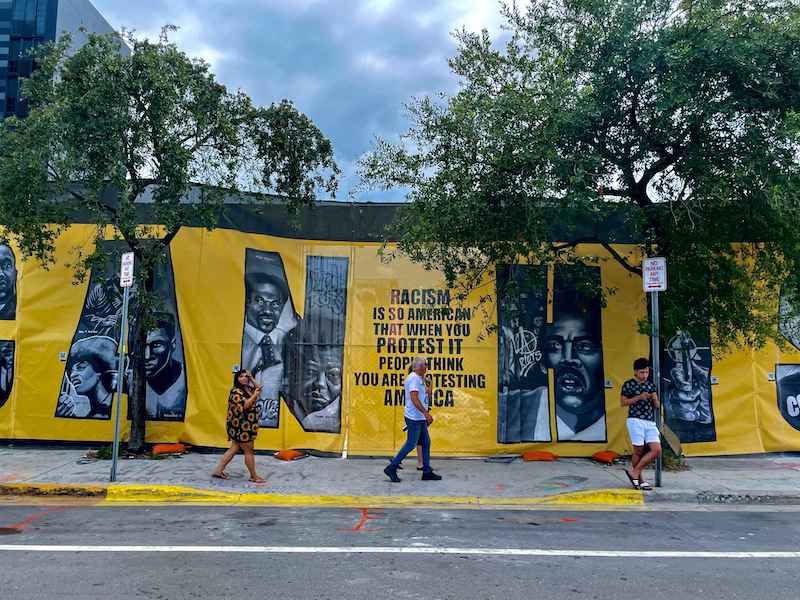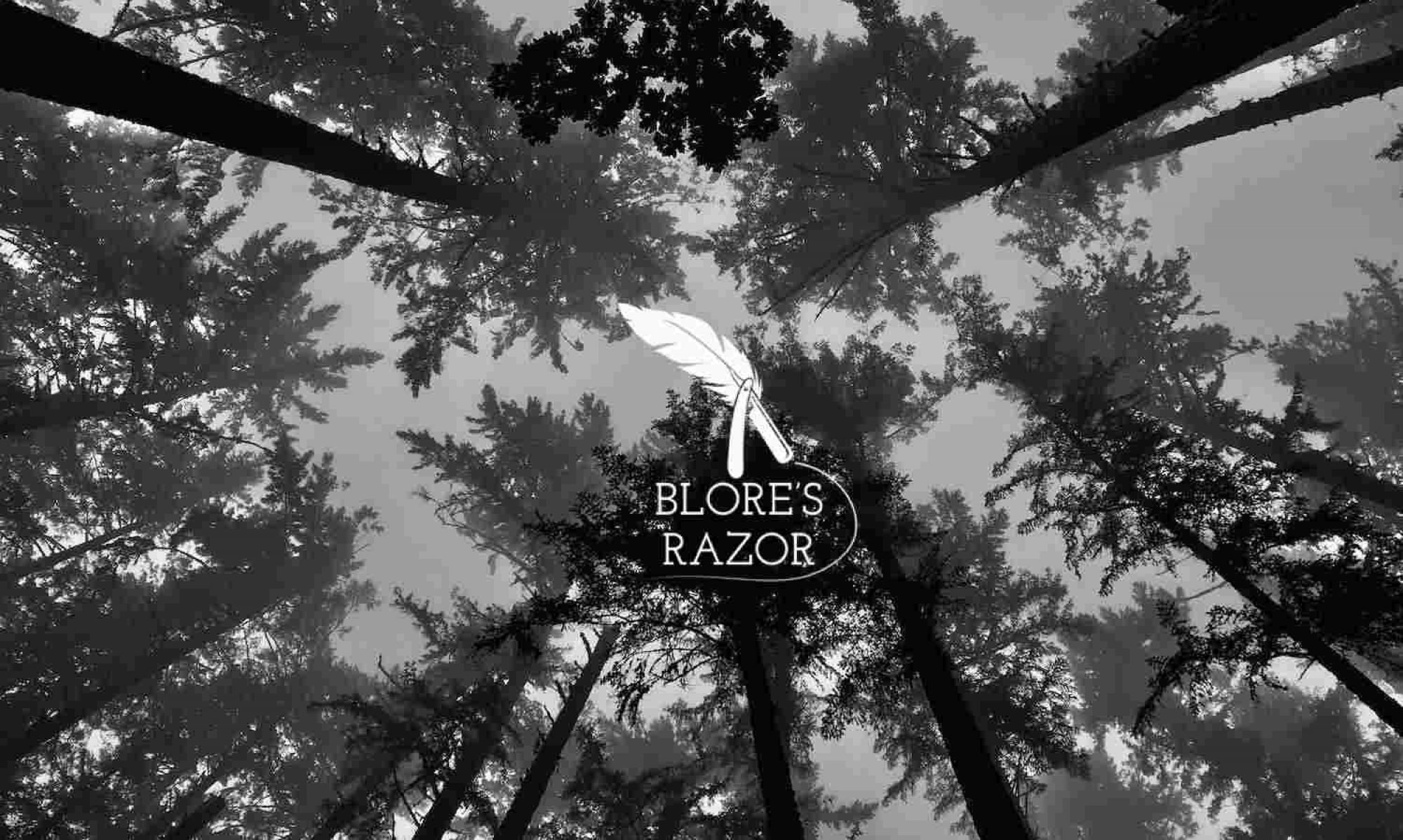Being white in America is charged and complicated. The word doesn’t sit well on my tongue—it’s a thunderbolt.
“White” is an insurrection, a poison river, a noose strung up on a tree branch, a MAGA bumper sticker. It’s a badge with its knee choking the life out of another person. It’s a firehose aimed at peaceful demonstrators. It’s a gun pointing at someone on the wrong lawn.
No evolved person takes pride in being “white.” It is a label without a motherland, language, community, or rituals. The defining characteristic of being white in America is unjustly denying other groups the freedom of movement and freedom from harm. It’s the color of hate and exclusion, of apartheid, Nazism, and Native American genocide. It is the mark of colonizers and oppression—the cruel norm against which other people are compared or excluded.

As a writer and editor, I refuse to capitalize “white” because it is an invalid culture of modern invention. The only time I bring up my race is to admit ignorance of something: how it feels to be followed around a department store, asked where I’m originally from, or fatally misunderstood by law enforcement. I didn’t earn or ask for the privileges stemming from our bloody legacy of slavery, but I recognize that being white in the U.S. has shaped my opportunities.
People are surprised to learn that the definition of white has been fluid in American history. Italian, Irish, Polish, and other folks now considered “white” didn’t used to be. The category has been shaped by immigration trends, wars, and political and cultural shifts. These days, there’s even a growing number of American Latinos embracing white supremacy—what some might darkly consider to be the ultimate act of assimilation in the United States.
One group, of course, has never been invited into the ranks of white, and that is folks of African descent whom white Americans have dehumanized to justify slavery and assuage their own shame.
Historian and first prime minister of Trinidad and Tobago, Eric Williams, famously remarked, “Slavery was not born of racism: rather, racism was the consequence of slavery.” You can’t subjugate a group of people you respect—you must fabricate reasons for your inhumanity to resolve the cognitive dissonance.
These days, race is used most directly in American surveys and studies. For example, we’re aware of the generational wealth gap and disproportionate arrests within the Black community because we’ve tracked it. This information is important to measure groups’ relative quality of life and expose evidence of discrimination. France and Germany, which don’t collect demographic data on race and ethnicity, are rethinking their policies which obscure the toxic effects of racism within their countries.
Although this data is currently crucial to show how different groups are treated in an unjust society, I look forward to a future when one’s racial category is of no more consequence than the color of one’s eyes. Ideally, it might even strike future generations as strange that we categorized folks by skin color or that white Americans could simultaneously worship Black culture and denigrate its people.
Race is an evolving power dynamic used to justify the mistreatment of groups. Take pride in accomplishments and kindness, but don’t celebrate being “white.” To do so is perverse and pathetic.

I resemble these remarks. I’m special individually, but my skin color is nothing to brag about!